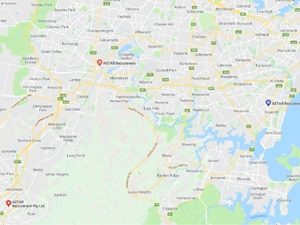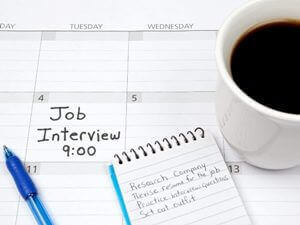Shine in your interview
We understand that interviews can be nerve-racking here are some tips and advice on how to bring out the best side of you and shine in your interview.
Walking into an interview unprepared is never a good idea. To help you for the daunting interview stage, we at ASTAR Recruitment have provided you with some of our top job interview tips to help place you in that shortlist of potential candidates.











